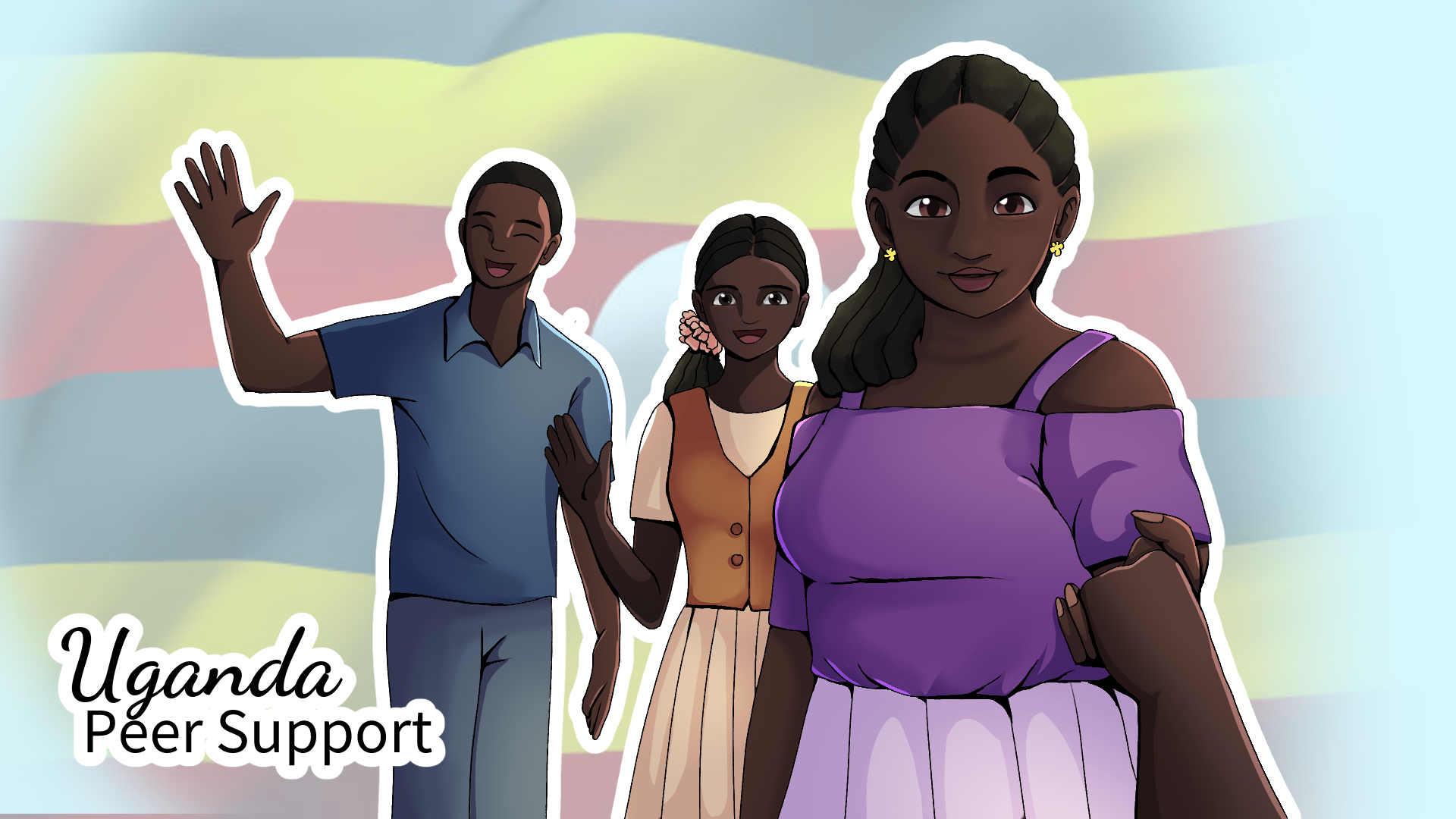
News
Triumph Over Despair
Play audio version
A Personal Journey from Struggle to Supporting Others in Mental Health Advocacy
May 7, 2024
This article covers the topic of suicide.
JINJA, Uganda – A young lady once reached out to me for support with her mental health. I used to think I would never be in a position to support someone else when I was also struggling, but I gladly accepted her request and by the grace of God, she got better. This motivated me to continue supporting other people, as it made me feel proud of myself.
When I thought I was the only person in the world with a psychosocial disability, I believed it would be best not to exist. I thought I had no purpose being alive in this world, and I considered myself a burden to my family, who were at a loss to help beyond basic care practices. They were unequipped to tend to my mental health needs, which added to their own stress. However, as we traveled this path together, they gradually learned how to help me during an episode or a crisis before referring me to hospital.
I had no one to look up to, and as a Christian, I lost my faith apart from praying to God to end my life. I didn’t have the energy to read my Bible, go to church, or attend fellowship. I was in a dark pit, with no ladders to climb out, and this made me struggle to breathe the fresh air that other people could.
The medication that I thought would help only made me feel worse, as the side effects made me think only bad things were meant to come my way. I gained weight and experienced memory loss. There were rumors that I was pregnant, and people body-shamed me. Equally heartbreaking, the elders insisted I was demon-possessed among other theories. I starved myself to lose weight, took slimming pills, and followed different ideas on YouTube like consuming large amounts of salt in lukewarm water. That is how desperate I became, and I was getting worse by the day. As an overthinker, I looked at life in a perpetually negative way – to the point of having terrible headaches that made me hit my head, hoping to feel better.
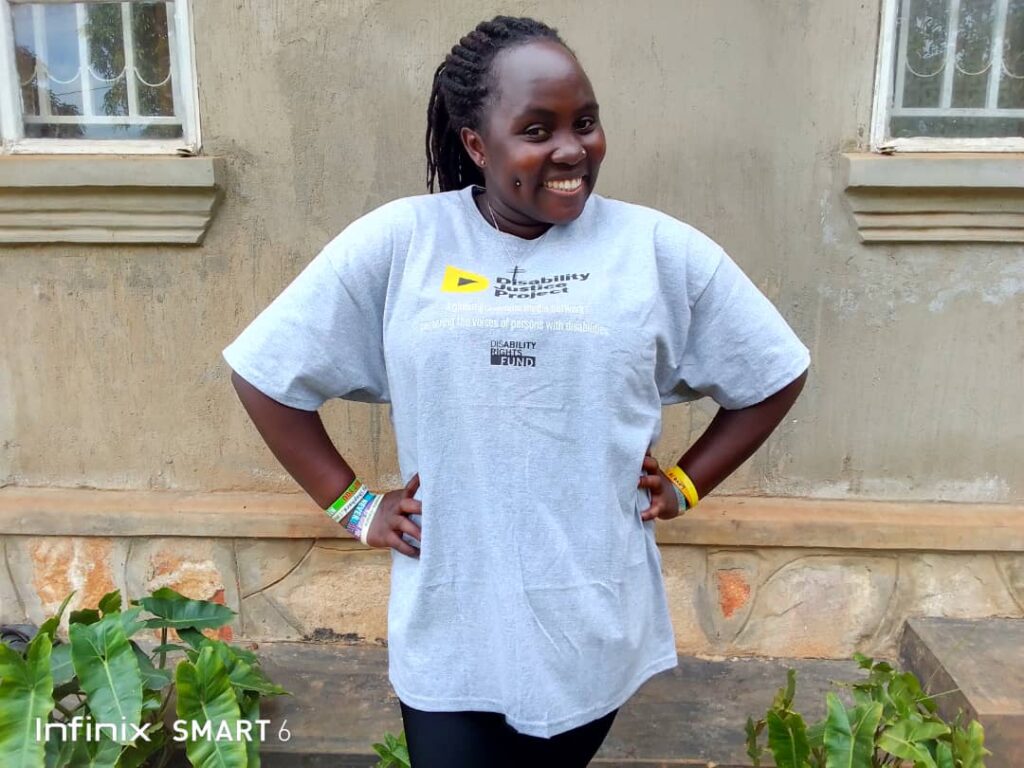
Thankfully, my late mom connected me with Robinah Alambuya, the executive director of Triumph Mental Health Support, which offers peer-to-peer support to girls and women with psychosocial disabilities. Alambuya welcomed me kindheartedly and created a safe space where I got to meet others who were struggling like me. This helped open my eyes to realize I was not alone. I was excited to interact with new people and find out more about their psychosocial disabilities. They revealed different emotional experiences that were relatable as someone with an invisible disability. For the first time, I didn’t feel judged after sharing briefly my own experiences and struggles.
Interacting with peers helped build back my self-esteem. I learned how they handled various episodes and how they recovered from a mental health crisis. I got involved in Triumph’s activities, which helped me realize I was passionate about mental health. Eventually, I became an advocate for the rights of persons with psychosocial disabilities. This was something I’d never imagined I would get to do, but with the support and trainings, I was able to accomplish this.
Many people ask what motivates me to keep doing this work and to choose to live despite the unending episodes and crises. The truth is that having a psychosocial disability is never easy because it is invisible. There are days when I can’t get out of bed, take a bath, or even brush my teeth. These daily habits might seem routine to the outside world, and people sometimes accuse us of being lazy for not taking care of ourselves. However, that’s much more difficult to do during an episode or a crisis.
I’ve had suicidal attempts that were not successful, so I decided to stop the attempts, although the thoughts still come. I believe God won’t let me die because he has a purpose he needs me to fulfill before I leave this world. I remember praying to God and telling him that if he believed that I had a purpose on Earth, he could let me live, but if not, he could allow me to end my misery so that I would suffer no more. Well, I did get his response, which is why I am still here today – to fulfill my purpose.
As a lady with a psychosocial disability, I keep moving because of my peers, learning from them and implementing some of the practices that have helped them in their lives. Apart from that, I support other people struggling with their mental health. I do this by listening and sharing with them steps that can help. Supporting someone else makes me happy, and if this is one of my paths to happiness, I definitely will choose it.
I remember another young lady who reached out to me after being referred by a friend. She was struggling with her mental health, and there were a lot of triggers for her. I supported her by gently exploring one trigger at a time. It was a long and gradual process, but with patience and consistency, we would arrive at a coping strategy for each trigger that worked well for her. She’s back in school and determined to complete her studies, and she always ensures she is taking care of her mental health.
So whenever I see people back on their feet and thriving, they encourage me to continue supporting others so that I don’t leave anyone behind. Well, it is a process that is sometimes challenging, but it also helps me to learn, unlearn, and relearn new ways that I can support someone – and myself. What works for me is having a mentality to do for someone what I would wish to be done for me if I were in their shoes – with or without a psychosocial disability.
Esther Suubi is a 2021 fellow with the Disability Justice Project and a peer educator with Triumph Mental Health Support. @2024 DJP. All rights reserved.
News From the Global Frontlines of Disability Justice
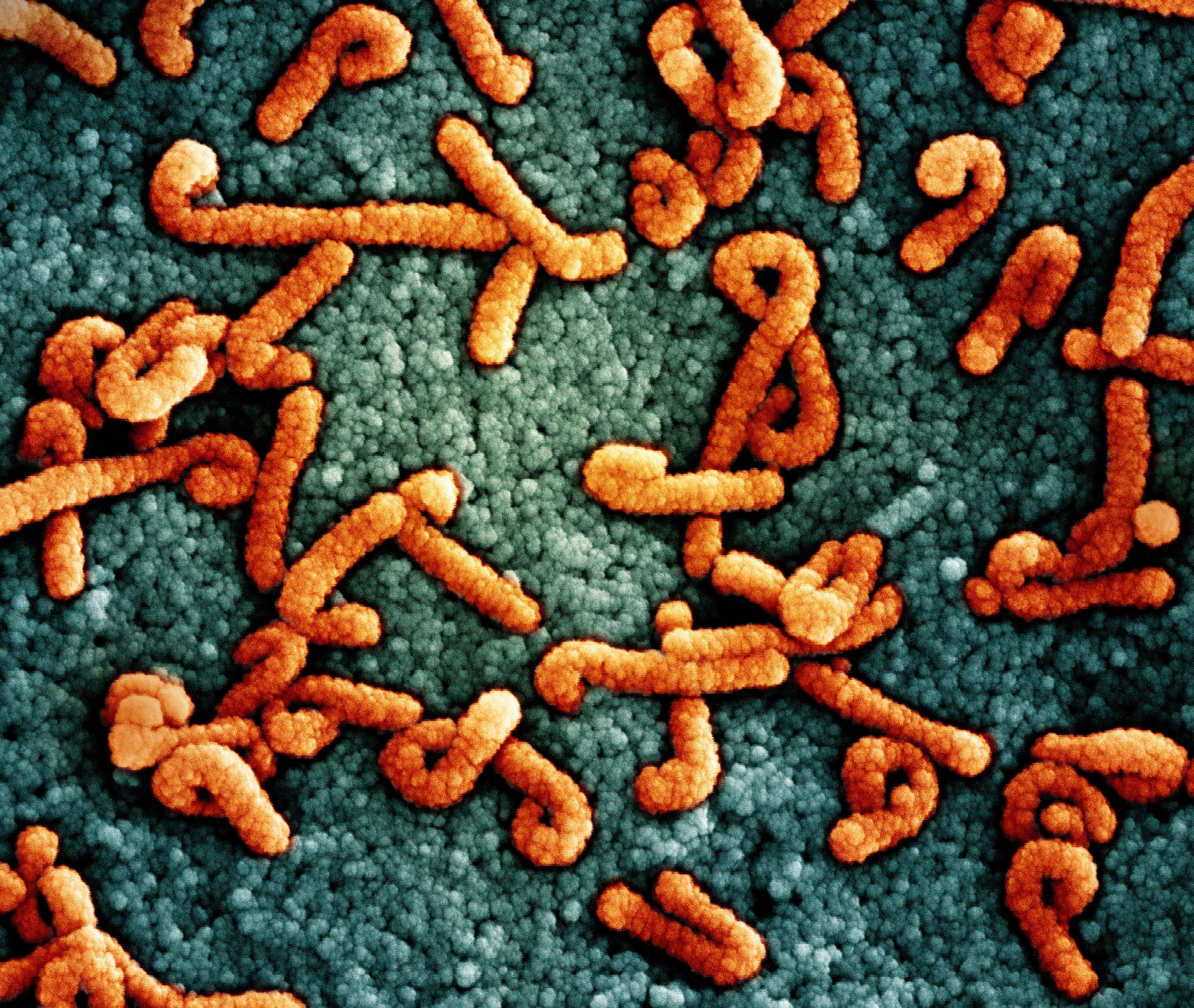
Rwanda’s Marburg Crisis
As Rwanda confronts its first-ever Marburg virus outbreak, people with disabilities face heightened risks — not only from the virus but also from the lack of accessible health information. “Without proper accommodations, such as sign language interpreters, captions, Braille, or visual aids, the Deaf and DeafBlind community may miss crucial information about how to protect themselves, symptoms to watch for, or where to seek help in case of infection,” says Joseph Musabyimana, executive director of the Rwanda Organization of Persons with Deaf Blindness.
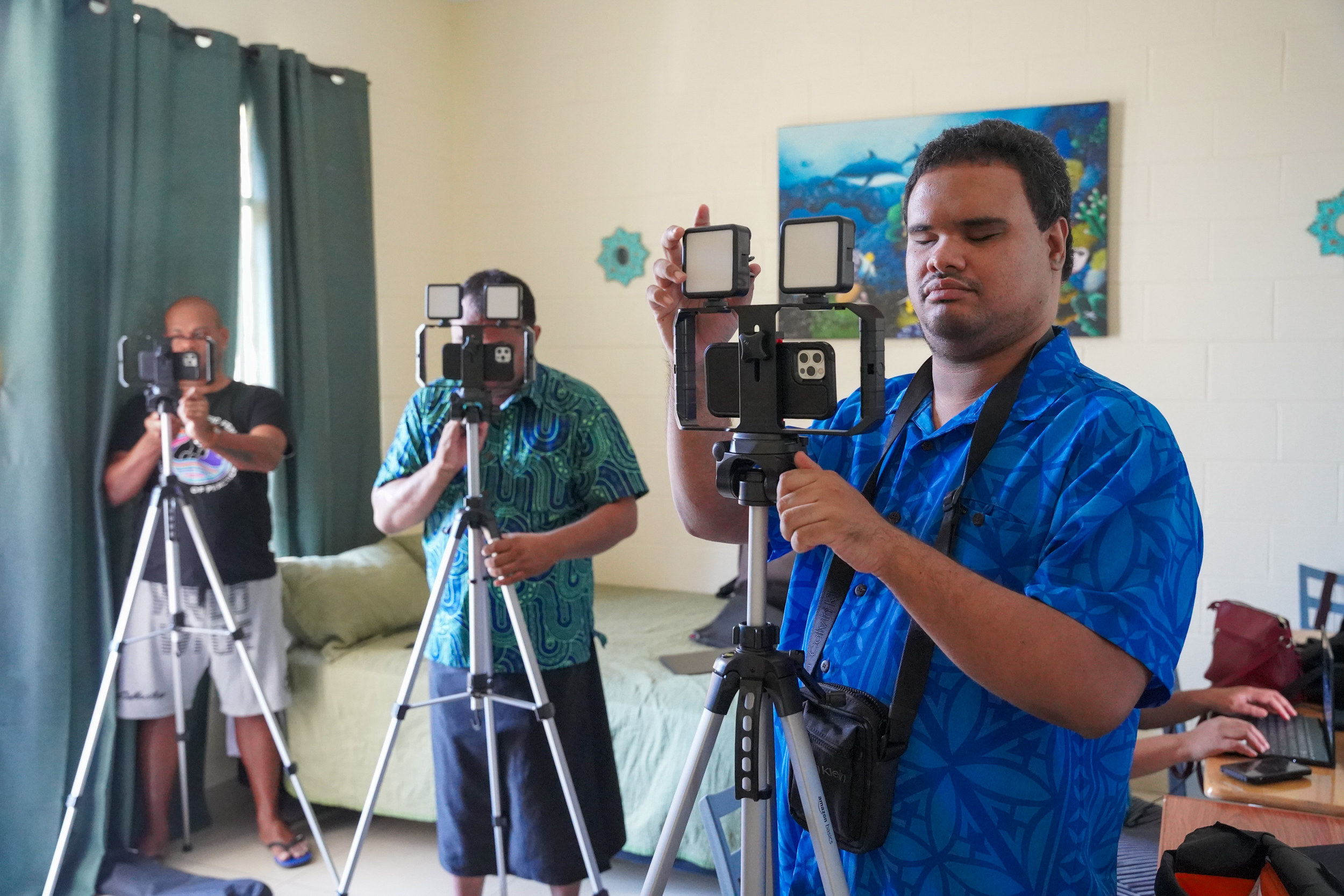
Capturing Vision Through Sound and Touch
Last summer, the DJP trained Indigenous activists with disabilities from the Pacific on the iPhone camera to create a documentary series on disability and climate change. With VoiceOver, the iPhone provides image descriptions for blind and low-vision filmmakers and offers other accessible features. “If you think about it, it doesn’t make sense for a blind person to use a camera,” says DJP filmmaker Ari Hazelman. “The iPhone gives you more avenues to tell your story in a more profound way as a blind person.”
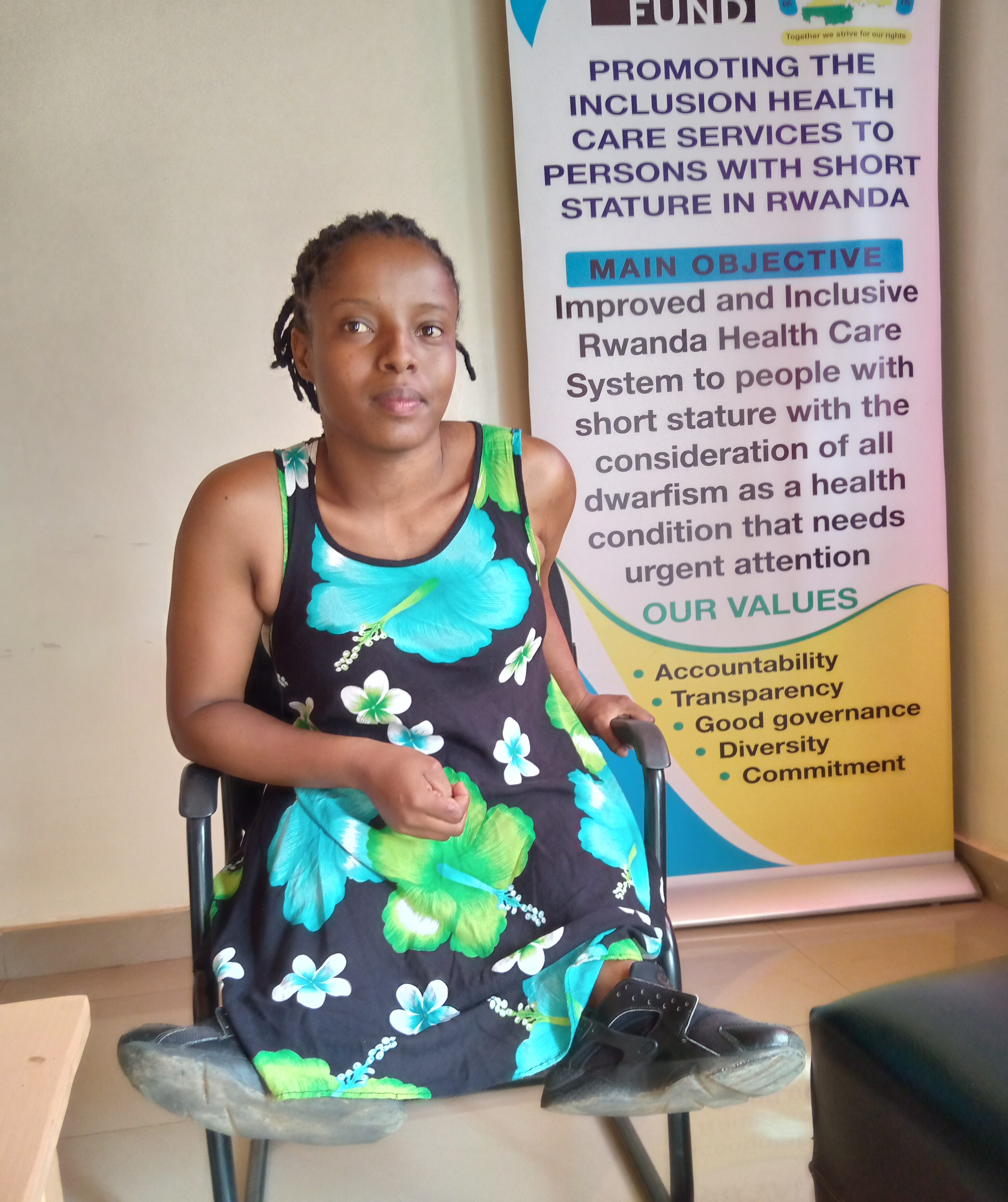
Work for All
The We Can Work program equips young Rwandans with disabilities to navigate barriers to employment through education, vocational training, and soft skills development. By fostering inclusive workplaces and advocating for policy changes, the program aims to reduce poverty and promote economic independence. Participants like Alliance Ukwishaka are optimistic that the program will enable them to achieve their dreams and showcase their potential. The initiative is part of a larger effort to support 30 million disabled youth across seven African countries.
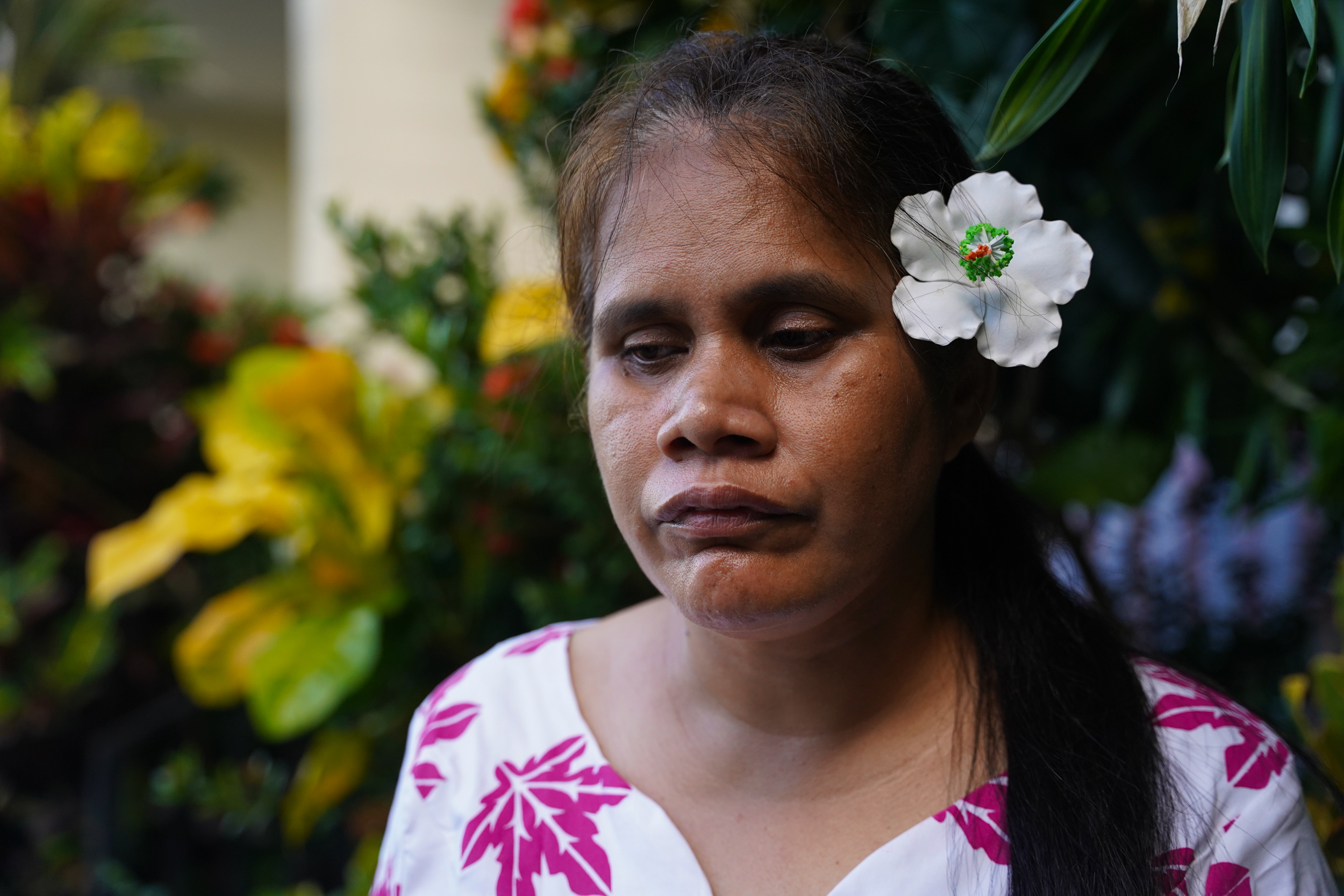
Global Recognition
Faaolo Utumapu-Utailesolo’s film “Dramatic Waves of Change” has been named a finalist in the Focus on Ability International Short Film Festival. The film, completed during a Disability Justice Project workshop in Samoa, highlights the impact of climate change on people with disabilities in Kiribati. Utumapu-Utailesolo, who is blind, used an iPhone with accessibility features to create the film. “Do not leave people with disabilities behind when [you] plan, implement, and monitor programs regarding climate change and disaster,” she says. Her achievement is a testament to the power of inclusive filmmaking.
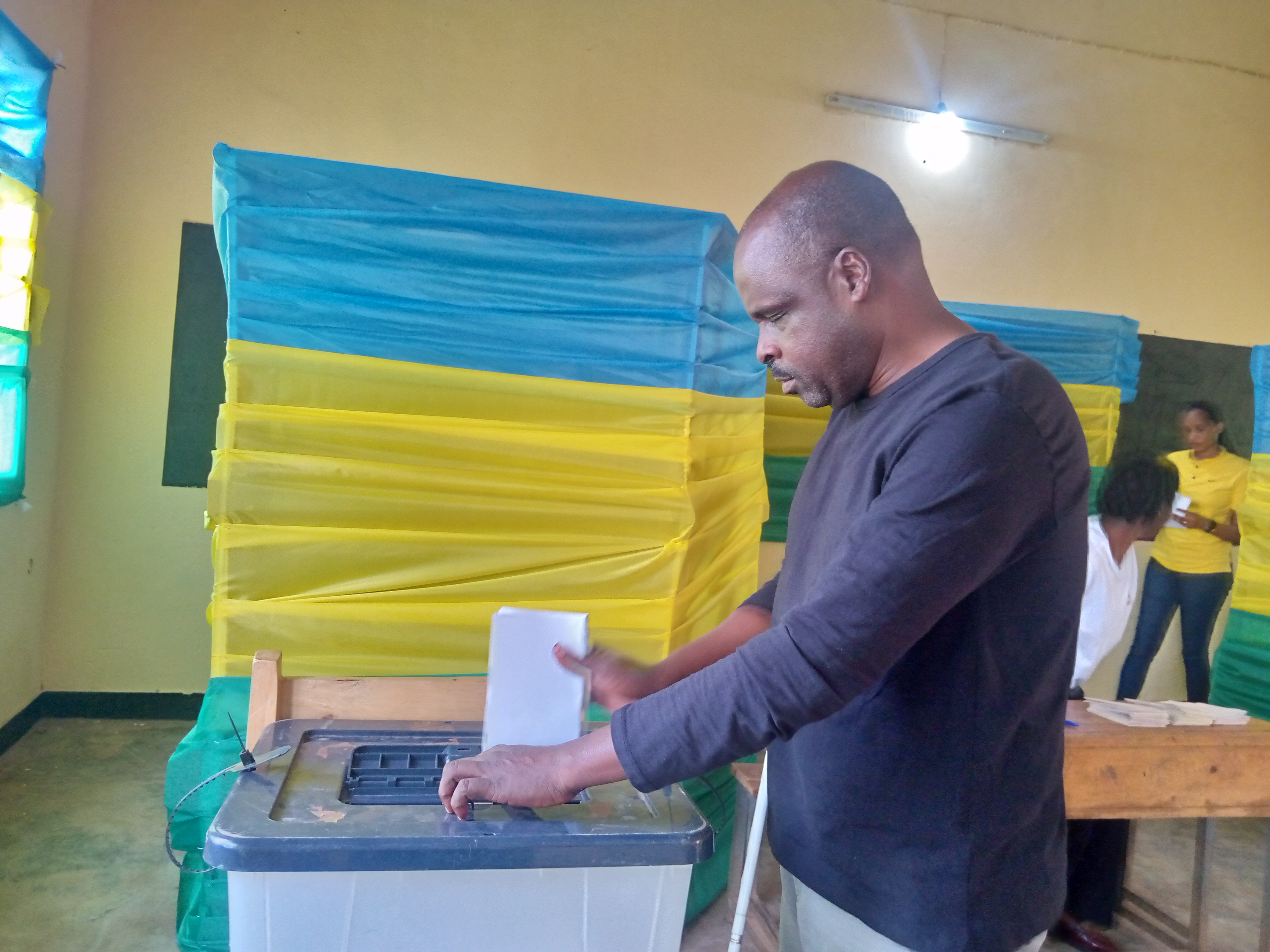
Advancing Democracy
Rwanda has made significant progress in making its elections more accessible, highlighted by the July 15 general elections where notable accommodations were provided. This was a major step forward in disabled Rwandans’ quest for equal rights and participation. “You cannot imagine how happy I am, for I have voted by myself and privately as others do accessibly,” says Jean Marie Vianney Mukeshimana, who used a Braille voting slate for the first time. “Voting is a deeply emotional and meaningful experience for a person with any disability in Rwanda, reflecting a blend of pride, empowerment, and hope.”
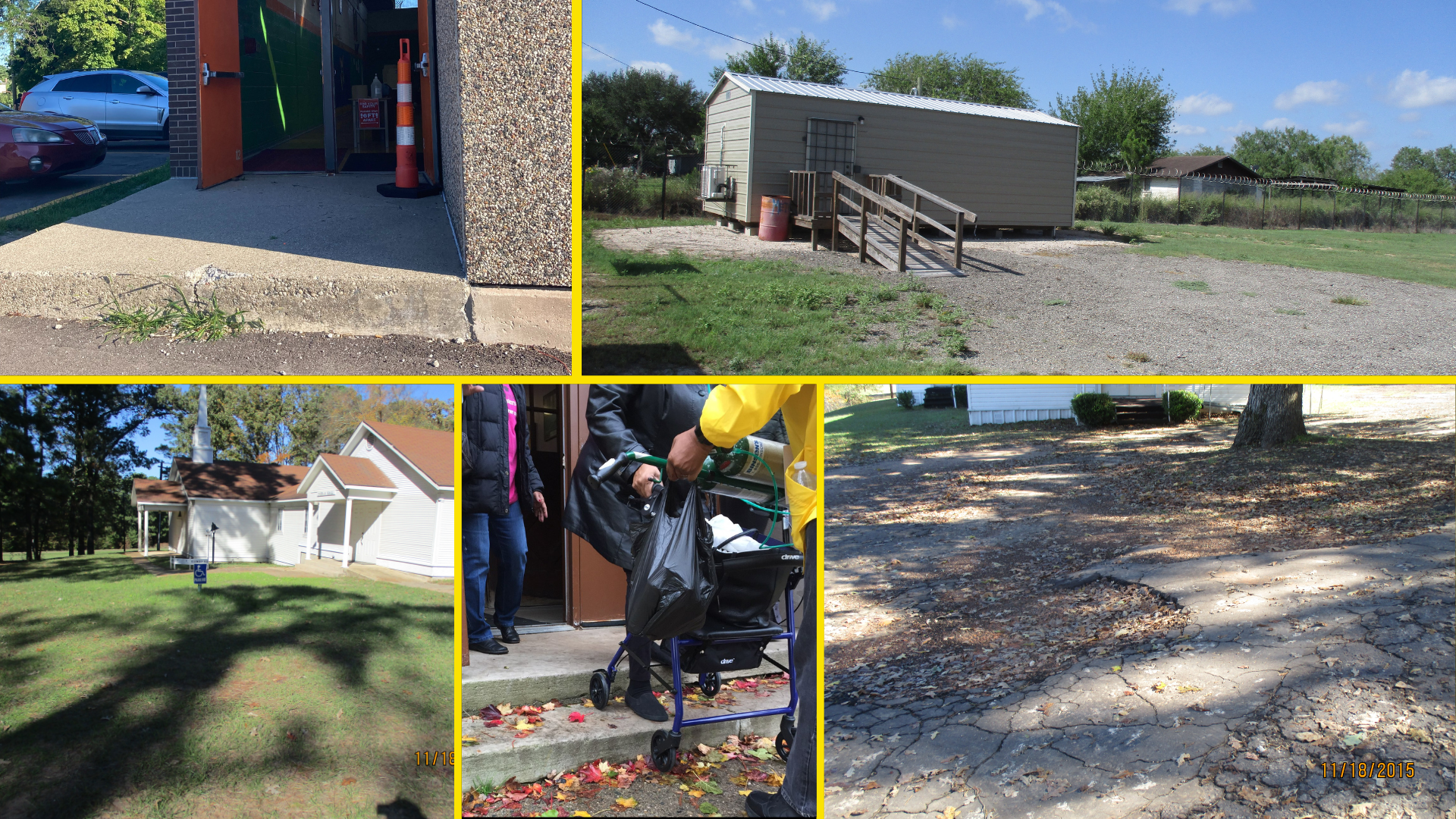
Barriers to the Ballot
Despite legislation like the Americans with Disabilities Act, barriers at the polls still hinder — and often prevent — people with disabilities from voting. New restrictive laws in some states, such as criminalizing assistance with voting, exacerbate these issues. Advocacy groups continue to fight for improved accessibility and increased voter turnout among disabled individuals, emphasizing the need for multiple voting options to accommodate diverse needs. ““Of course, we want to vote,” says Claire Stanley with the American Council of the Blind, “but if you can’t, you can’t.”